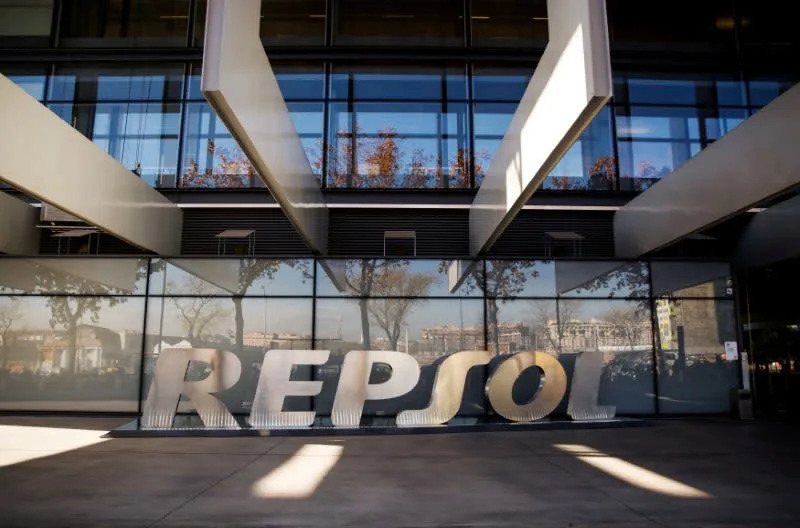Repsol has agreed to sell some 38,000 hectares of oil and gas-producing land in Alberta to Teine Energy, backed by the Canada Pension Plan Investment Board, three sources familiar with the plan told GLM on Tuesday.
The Spanish oil company will get up to 400 million Canadian dollars ($304.65 million) from the sale, one of the sources said.
Repsol and Teine have requested regulatory approvals for the deal, and expect to receive them by the end of September, the sources said. They warned that there is no certainty that Alberta regulators will allow the proposed transaction, and that the deal could fail.
The Canada Pension Plan Investment Board (CPPIB) declined to comment, while Repsol and Teine Energy did not respond to requests for comment.
The possible sale includes Repsol’s heavy oil and gas production assets and the intermediate infrastructure that supports them, such as a network of some 1,800 kilometers of pipelines, the sources added. They requested anonymity to discuss the confidential negotiations.
GLM Reported in February that Repsol was considering the sale of some of its Canadian assets, with the aim of taking advantage of an oil and gas bonanza.
The sale would also allow Repsol to divert cash and efforts into more prolific shale regions, such as the Eagle Ford shale field in the United States, or boost investments in renewable energy, the sources said.
Energy prices have fallen in recent weeks, but remain high. Global benchmark Brent crude is up more than 20% so far this year, trading around $93 a barrel on Tuesday.
This rise has encouraged the oil majors to sell assets in Canada, the fourth largest oil producing country.
Exxon Mobil Corp and its Canadian unit Imperial Oil Ltd sold their XTO Energy Canada joint venture to Whitecap Resources Inc in June for C$1.9 billion ($1.5 billion), while Japan’s JAPEX sold its stake in the project last year. Hangingstone oil sands.
Repsol’s website lists Chauvin as one of its foundational heavy oil assets, although the last time the company carried out new drilling at the field was at least four years ago, according to the sources. Repsol’s production in this field is around 6,800 barrels of oil equivalent per day, according to the sources.
Following the sale of the Chauvin asset, Repsol will continue to own land in other gas-producing fields in Canada and electrical infrastructure, among other assets.

